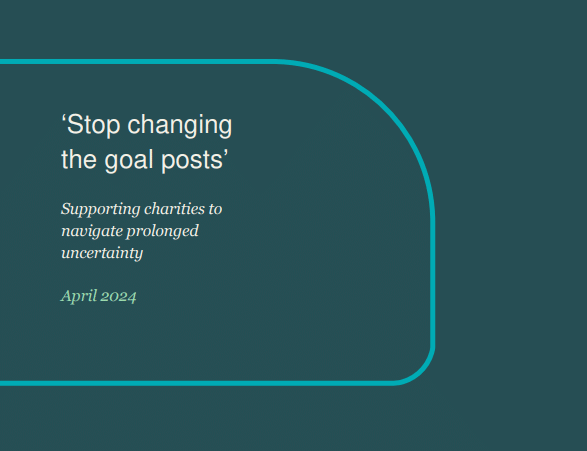
Charity reserves can be a tool to guide future direction
Charity reserves doesn’t naturally spring to mind when you sit down to write a blog – they have for so many felt like another cog in a wheel to meet regulatory and/or funder requirements. However, the crisis experienced over the last few years has turned everything upside down. The reality for many has been that reserves were necessary to survive.
During that time conversations amongst funders highlighted how charities, out of necessity, responded differently. From those who were rightly fearful of potential implications of using restricted reserves, to those with agility to use unrestricted reserves in a way that responded to the crisis unfolding. However, the conversations also rightly shone a light on all our preconceived ideas about reserves. It created space to question the myths, challenge the norms and look at the real purpose of reserves.
It is fantastic that these conversations led to the Scotland Funders’ Forum commissioning IVAR to conduct deeper conversations through research published today. Hearing directly from charities and funders about reserve management, ‘Thinking about… Charity Reserves‘ offers real insight into why charities take particular approaches.
It draws out the role of trustees to see reserves not as a static measure but a tool to help support and guide the future direction of a charity. The research rightly recognises that this also requires a shift in funders and policymakers. Changing the narrative, practical guidance, increasing flexibility in funding can all help in creating the right conditions for having purposeful reserves.
There is a committed group of funders, policymakers and regulators who are exploring follow-up actions, but that shouldn’t stop us considering the findings from this work. As individual funders, we can start by looking at our own internal processes and how we talk about reserves. This research is not only a publication but an opportunity for us all to act.
To learn more about charity reserves, download the report.


